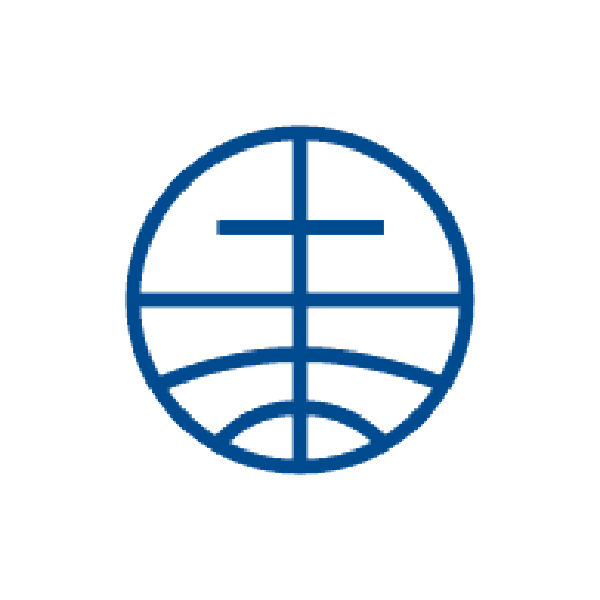

In the Democratic Republic of Congo, lack of vaccination is a problem. Even before COVID-19, a measles outbreak took more than 40 children in 2019 in Kikwit, a city of some 500,000 people, and host to a growing number of internally displaced persons. But the church is not silent.
Last August, Mennonite World Conference (MWC) called on members to love neighbors: share vaccines. Although the equitable rollout of COVID-19 vaccination is still a global concern, the focus has shifted to strengthening vulnerable health care systems.
MWC invites members to love neighbors through four Mennonite Central Committee (MCC) projects. These health care efforts are supported by MWC member churches in Kenya and DR Congo. One supports health care centers owned by Communauté des Eglises de Frères Mennonites au Congo (CEFMC), the Mennonite Brethren church.
CEFMC proclaims the gospel beyond the church walls through medical care. Although the government pays the medical staff salaries, CEFMC runs the operations at four hospitals and 10 health centers in the central African country.
Through these church-run health facilities, an MCC-funded project aims to inform households—of displaced people and church members—of the hygiene measures enacted by the World Health Organization to combat COVID-19 through door-to-door distribution of hygiene kits.
The project provides free quality medical consultations and care to internally displaced persons. After fleeing violence in Kasai, they are particularly vulnerable to health problems. MCC’s project also provides capacity building training in peace, trauma and humanitarian principles for hospital staff.
CEFMC has a local relief committee that serves as an intermediary between CEFMC and the Kanzombi hospital. This committee has received training from MCC on humanitarian assistance. The committee is made up of the hospital’s physician Jacques Tangudiki, members of the host community and internally displaced persons.
“The extraordinary threat wealthy countries experienced from COVID-19 is an every-day realty for many people in regions with weak health care systems and lacking basic vaccination programs,” says Henk Stenvers, MWC Deacons Commission secretary. “The pandemic’s focus public health provides opportunity to strengthen general health care and vaccination programs in poorer regions of the world.”


Mennonite World Conference is a communion of Anabaptist-related churches linked to one another in a worldwide community of faith for fellowship, worship, service, and witness. USMB is a member conference of this global ministry.






















